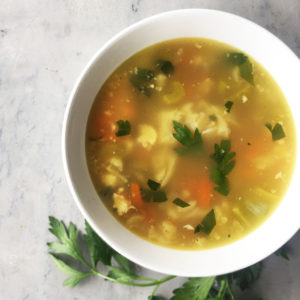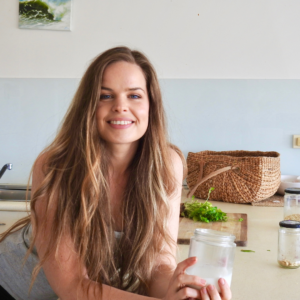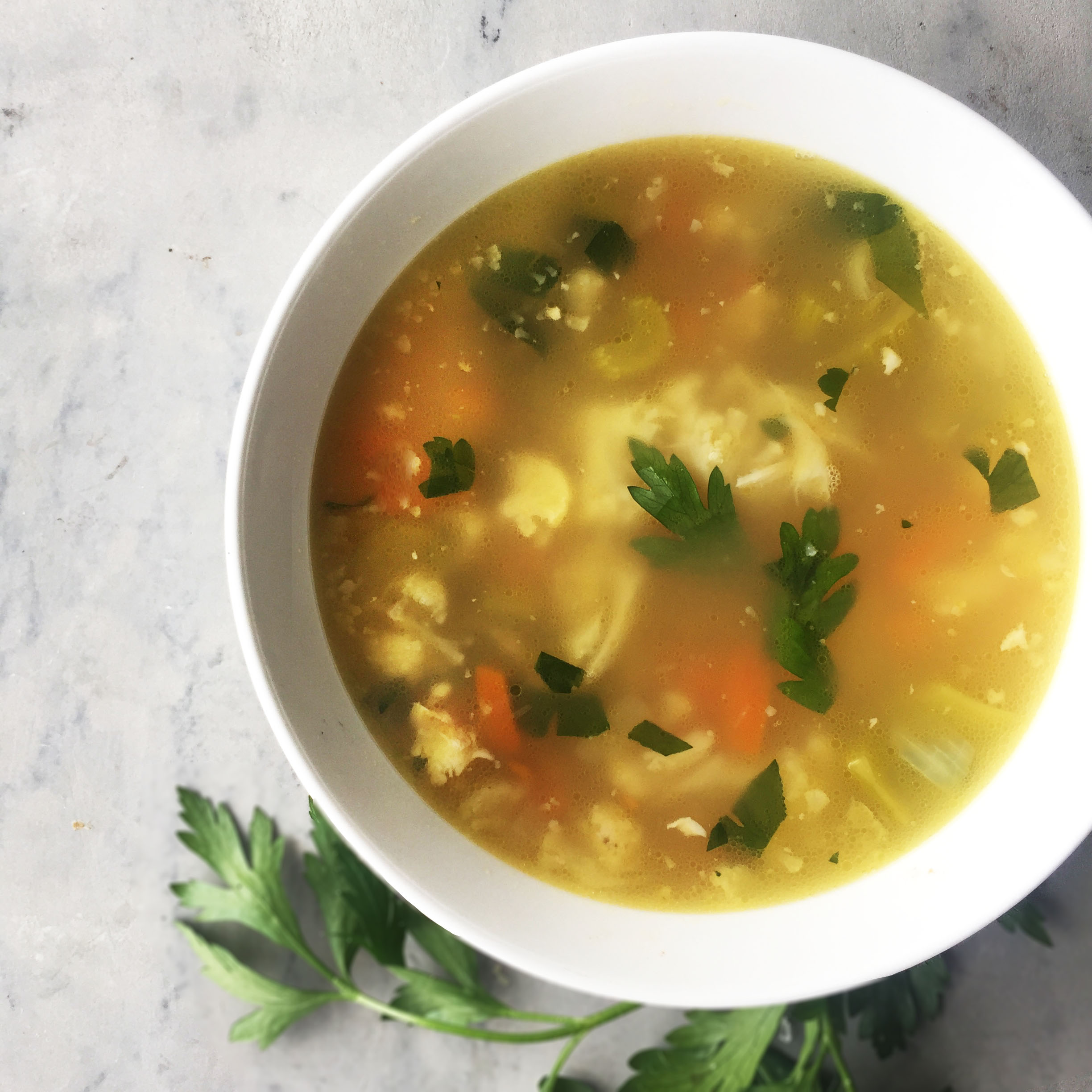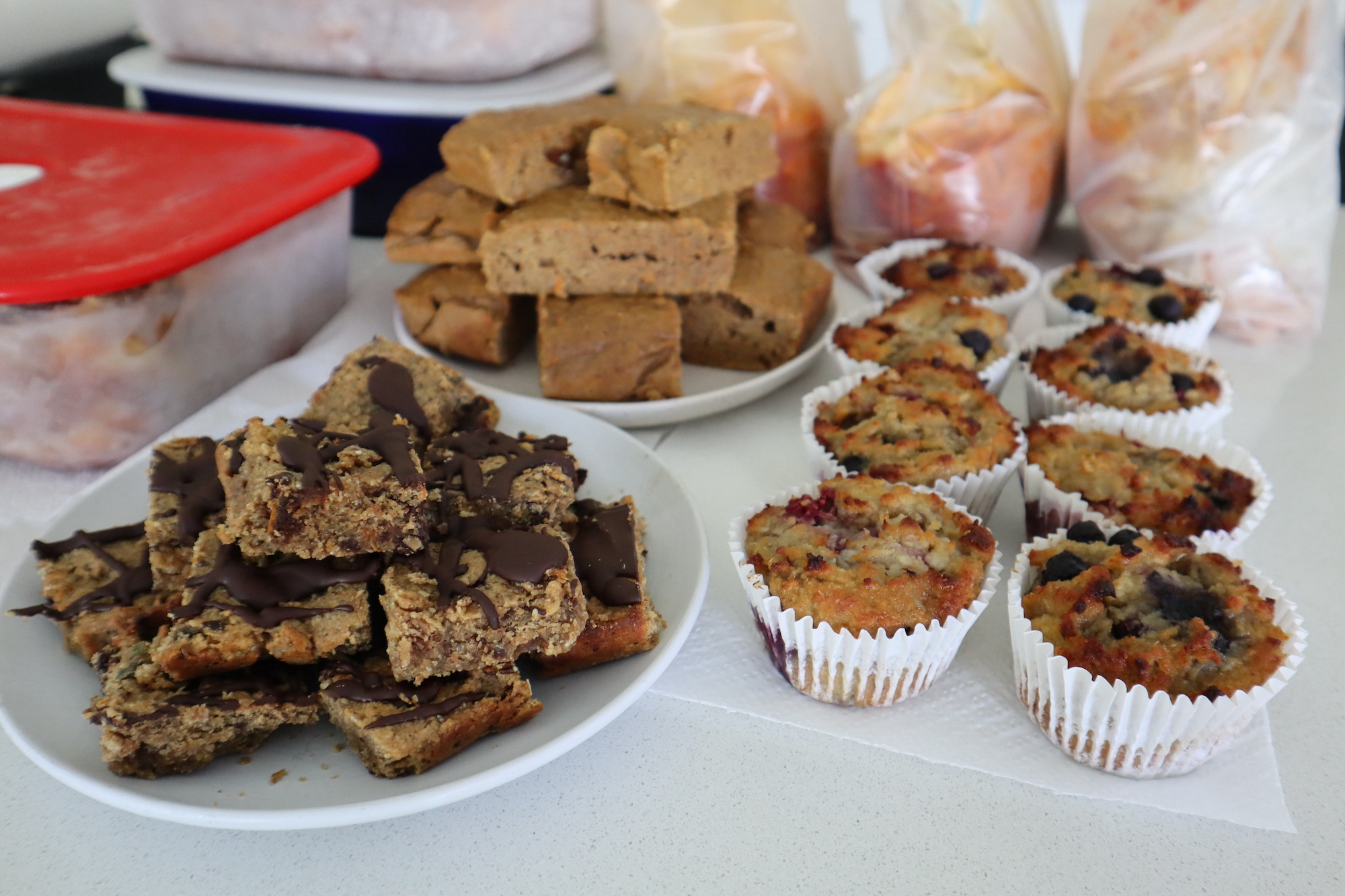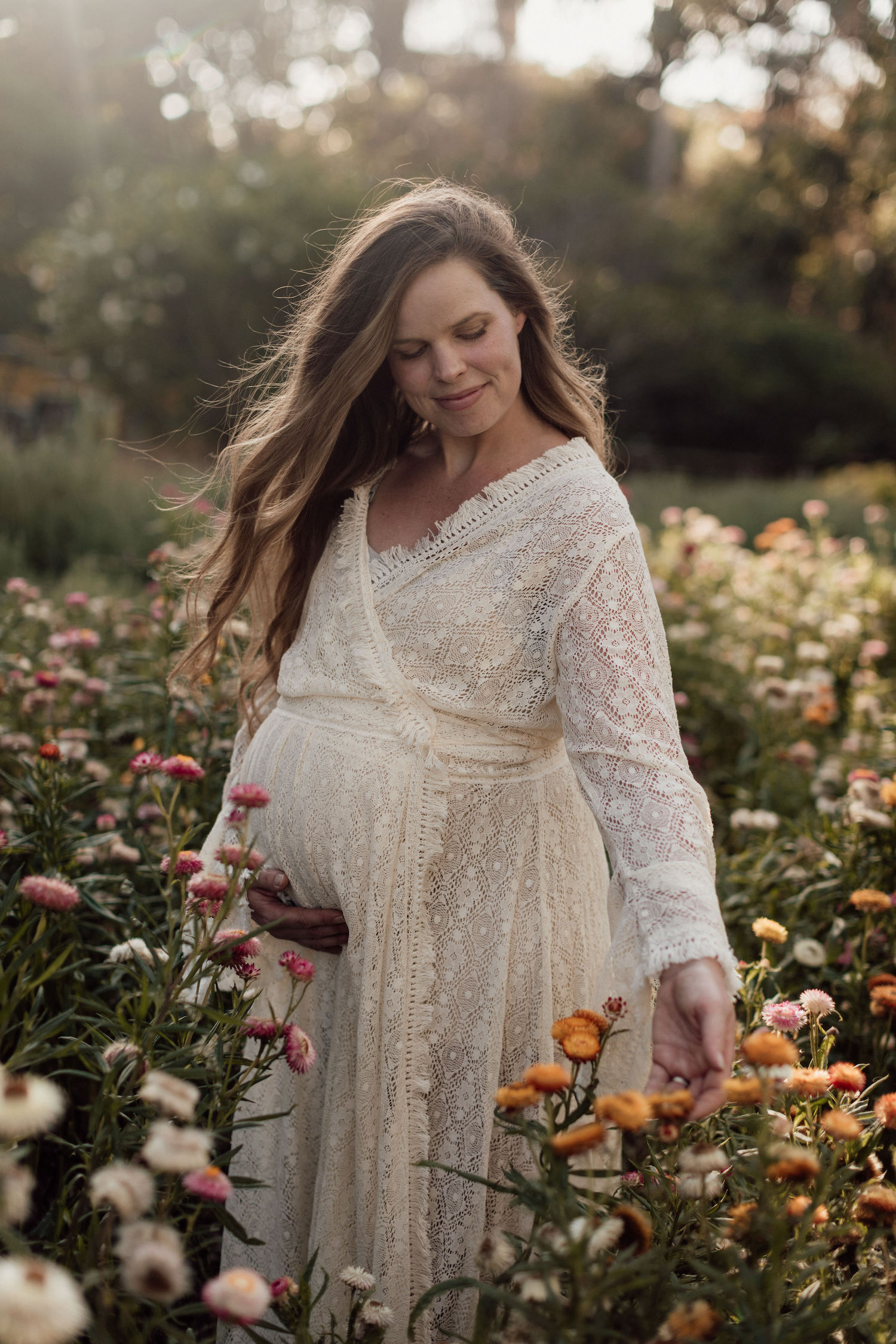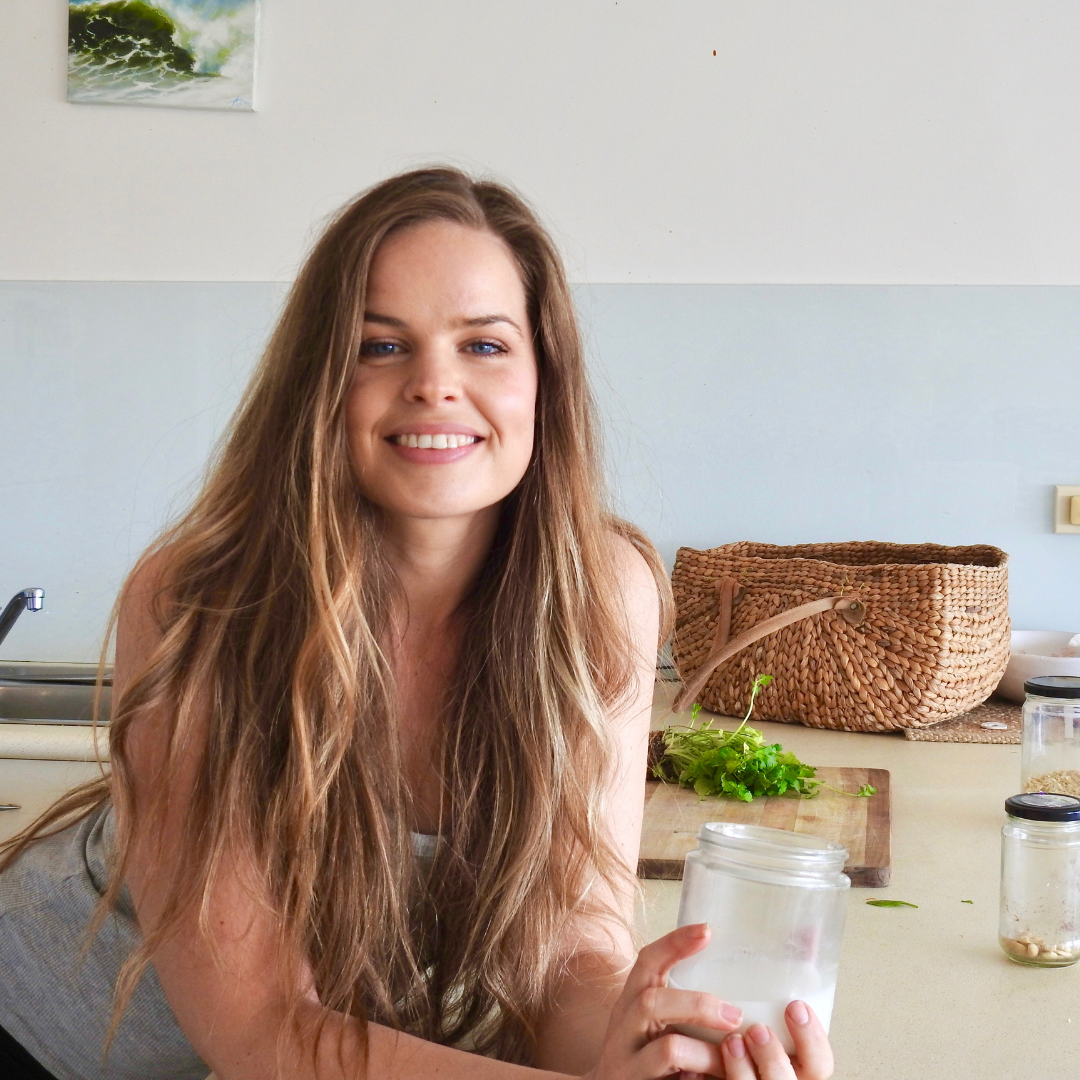- One minute you’re bringing your new baby home, excited about finally having your baby here (and being able to sleep on your belly again).
Next minute you feel like a zombie, cry at the drop of a hat, your teeth start crumbling and you never get into a deep sleep because your ‘radar’ is always on.
As a first time Mum I thought that that the exhaustion, anxiety and feeling constantly switched on was just a new Mum thing.
Fatigue, overwhelm, anxiety and being run down are normalised as part of being a Mum, but they’re actually key signs of postnatal depletion.
Postnatal depletion is what happens when we don’t recover hormonally, nutritionally or emotionally from the birth of our child.
It’s not something we’re told about when we’re leaving the hospital, or even at our 6 week check-up, yet every single Mum I know (including myself) will have experienced some level of postnatal depletion.
For most of us It starts in pregnancy. Key nutrients can become depleted as they are being taken from us for our babies growth and development.
So we’re entering into postpartum already potentially depleted of very important nutrients like iron, zinc, B12, essential fatty acids.
Then we pile on a whole lotta physical and emotional stress (hello sleep deprivation), the fact that we barely have time to wash our hair let alone prepare healthy food, and us Mamas just gets more and more worn down and depleted.
What does Postnatal Depletion Look Like?
Theres a wide list of symptoms we can see with postnatal depletion that are well known to most Mums.
These include:
- + Feeling overwhelmed and like you’re not coping
- + Extreme Exhaustion and fatigue maybe falling asleep accidentally
- + Brain fog (baby brain) with trouble concentrating or remembering things.
- + Hyper vigilance (constantly switched on, ‘tired but wired’, worrying and overthinking)
- + Digestive issues
- + Getting sick regularly or noticing a worsening of any existing health issues – particularly if they’re inflammatory issues (e.g skin issues, asthma, sinus, allergies etc).
- + Low libido
- + Feel tired when you wake in the mornings, even after a good nights sleep
There’s quite a range of symptoms there but when we look at the cause of postnatal depletion we can see how it affects all the main systems in our body….
What are the main factors leading to postnatal depletion
1. Key nutrients are depleted – we are potentially already depleted entering pregnancy then our gorgeous little leaches (baby) take a lot of the good stuff from us.
2. Hormone imbalances – There sometimes isn’t that nice changeover and rebalancing of hormones that is meant to happen after Bub is born. This can be affected by birth trauma, if there was lots of interventions or c-section. The whole hormonal system undergoes radical changes during and after pregnancy so hormone imbalances (including thyroid) are common.
3. Ongoing stress on the Adrenals – The extra physical and emotional demands that add the the burden on our adrenals and stress response (which is already trying to get back on track after pregnancy.)
4. The lack of support and high expectations on Mamas – This is a huge part in a women’s recovery. The importance of nurturing the mother during the fourth trimester is sadly not standard practice in our culture. Add to that the high expectations put on mothers – both from what we put on ourselves and from society and not having a good support network around and it can really impact the transition into motherhood.
Postnatal Depletion is not just a nutrient deficiency or hormone imbalance. It’s a result of our whole personal experience was from pregnancy, childbirth through to postpartum, and the physical and emotional toll that takes.
You may have some of these symptoms you may have a lot, postnatal depletion is a wide spectrum, but no matter where you’re sitting on that spectrum, even if it’s just on the mild end, you need support – EVERY MOTHER NEEDS SUPPORT. Don’t wait until you’re on the far end if you’re not there yet!
The thing is that these symptoms can compile for years, then there may be more pregnancies to follow and if these issues haven’t been addressed, Mama is going to get further and further diminished.
I’m not saying there’s not going to be some days of tiredness, frustration or overwhelm even maybe getting run down – we’re human and being a mother is a HUGE 24/7 job.
But that is not how you have to feel day in day out and we can support ourselves so that we bounce back quickly from those hard days!
What can we do about Postnatal Depletion?
+ Diet is definitely key which is why I’ve spent the last 3 years dedicated to helping Mums with this. There are two main things I focus on with all Mums but especially those with postnatal depletion:
- 1. A Focus on anti-inflammatory foods to take as much burden off the body as possible, plenty of nutrient dense foods rich in the essential nutrients that are often depleted.
- 2 . Remove as much overwhelm and time from healthy eating as possible. You’re tired, depleted and probably unmotivated – you need quick, simple and easy options so you can actually do it. Having consistency with the right diet is absolutely essential because you need something you can follow and enjoy long term.
- Supplements: The absolute essential is DHA. Every new mother need DHA and it is key for refeeding the nervous system and brain and I like to use it alongside choline. Magnesium and Zinc are two that are also extremely helpful for helping with rebalancing hormones, digestion, and the nervous system. And then working with a Naturopath or Nutritionist to assess if there’s deficiencies with B12, Iron and even Vitamin D – these can be absolute game changers in how you feel.
I also love giving a Mama Nourish Mix with a beautiful blend of adaptogens and nerviness that nourish the nervous system and calm our stress response, particularly for those with anxiety or hypervigilance.
Mums are really good at neglecting their basic needs so we can get everyone else and everything else sorted. This can contribute to that feeling of overwhelm and ‘there’s no time for me’ that is really common with postnatal depletion.
Here’s a couple things I recommend:
Download this Balanced Mama Checklist – this is from the Mama Way Course and I want you to use it as a gentle prompt to remind you to meet your basic needs each day. I use it whenever I feel like I’m slipping into the postnatal depletion state to see what I might be neglecting.
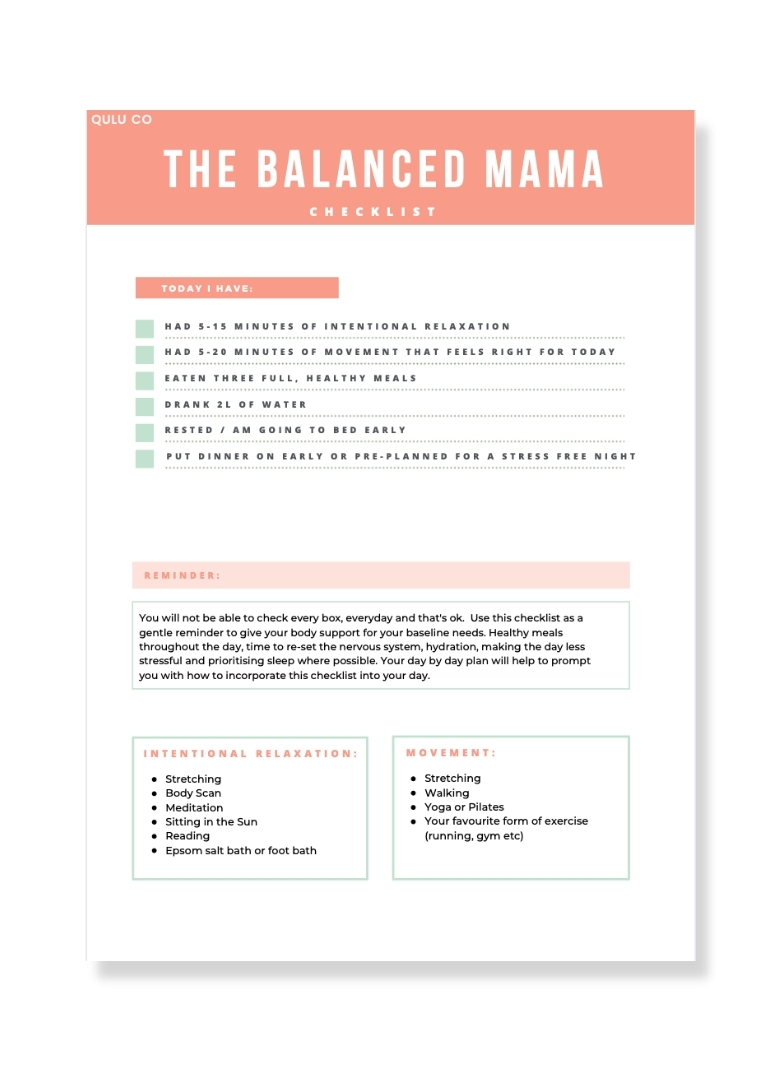
- + 5-10 Minute Daily Recharge – to switch into relaxation mode and out of fight-or-flight mode. Epsom salt baths or foot baths, sitting in the sun with a book, meditation, stretching or whatever activity relaxes you.
- + Delete social media accounts who don’t make you feel good. Anything that stirs up negative self talk, comparison or has you doubting yourself, delete, delete, delete.
- + Find Support and ask for help – I’m not great at this but I’ve learned to get better. I know it’s hard if you don’t have your family around or don’t feel comfortable leaving your baby with anyone yet so just focus on help that takes some overwhelm off you.
- + Seek counselling if needed. Postnatal depletion is not just about nutrient deficiencies. Is also a deficiency of support, self confidence or even birth trauma all of which can be greatly helped with counselling.
Ask yourself right now, what can I do to feel less overwhelmed?
Choose one thing you can do or 1 thing to let go of.
Motherhood is a test of all sorts of physical and mental limits, affecting us well beyond the postpartum stage.
As I said, every Mum needs support – it will just vary how much and what type of support you need.
I hope this has given you some ideas on how you can get started – and if you can only choose one thing I would choose your diet.
Start there.
It is what pulled me out of postnatal depletion and improved my health to even better than before pregnancy.


